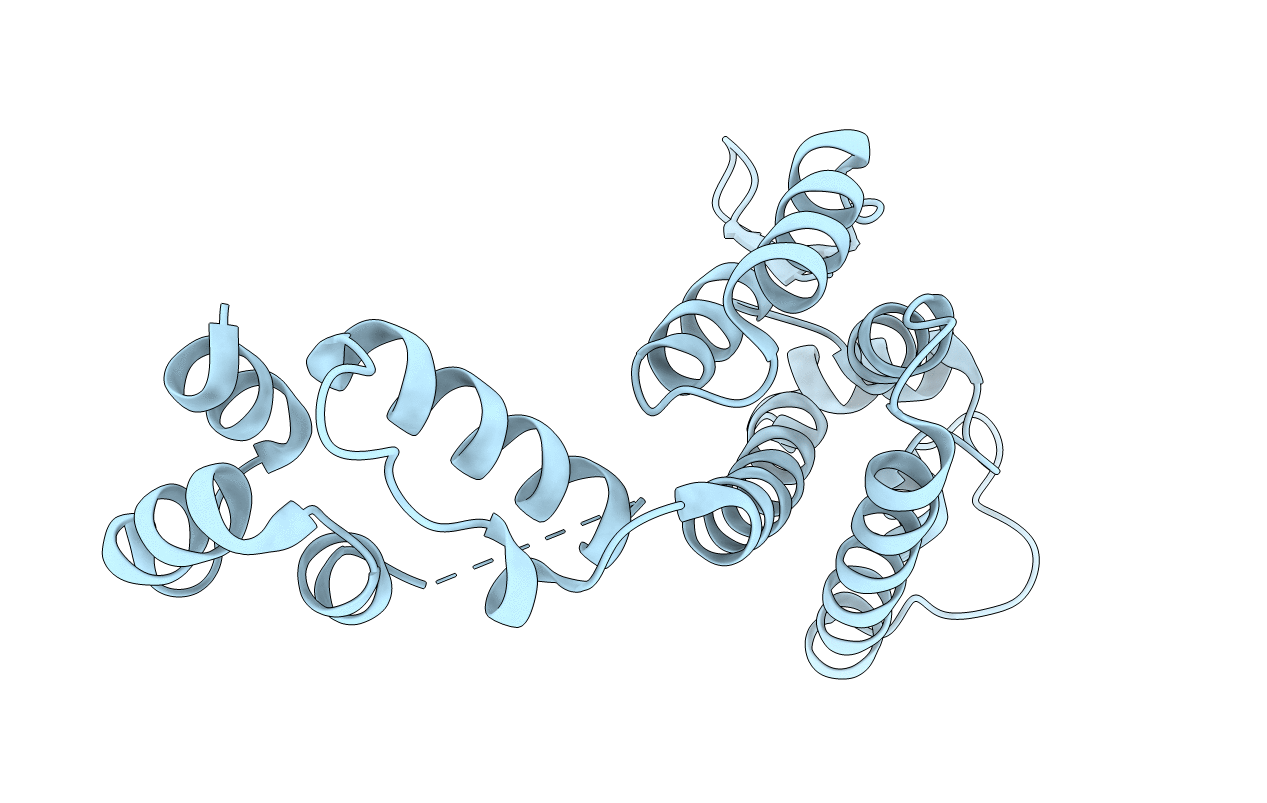
Deposition Date
2015-01-21
Release Date
2015-07-15
Last Version Date
2024-10-23
Entry Detail
PDB ID:
4XRO
Keywords:
Title:
Disulfide stabilized HIV-1 CA hexamer 4mut (S41A, Q67H, V165I, L172I)
Biological Source:
Source Organism(s):
Expression System(s):
Method Details:
Experimental Method:
Resolution:
2.01 Å
R-Value Free:
0.22
R-Value Work:
0.18
R-Value Observed:
0.18
Space Group:
P 6


